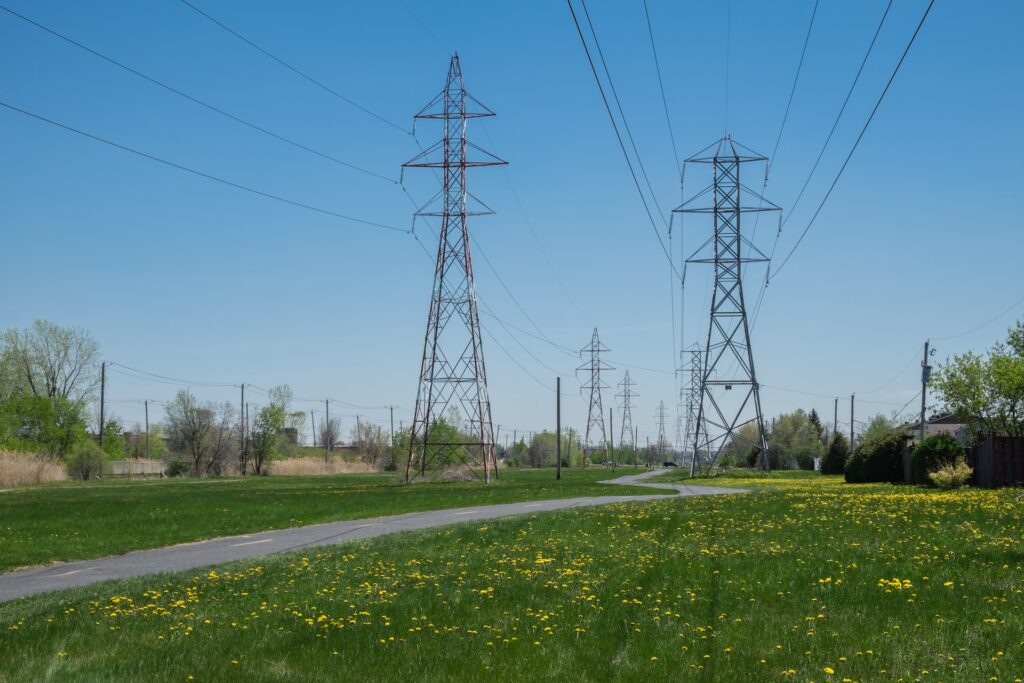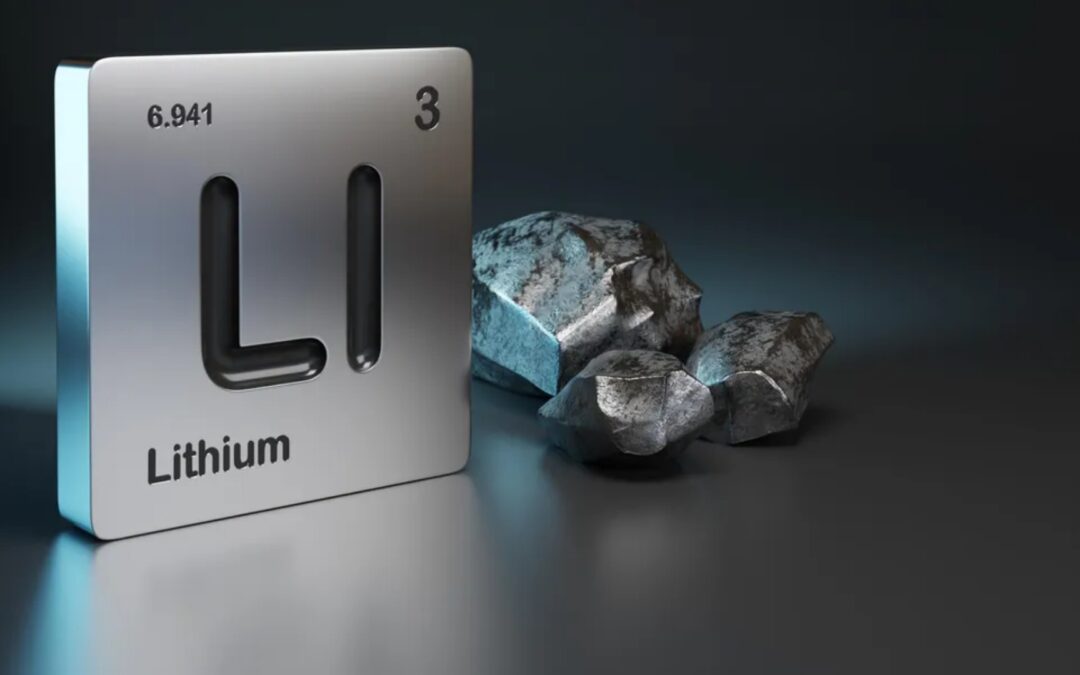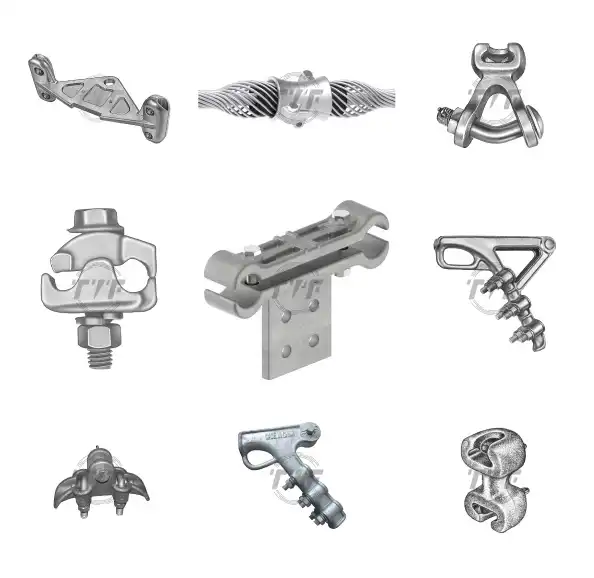Argentina has emerged as a key player in the lithium industry due to the increasing demand for lithium within the country. Lithium plays a crucial role in the development of lithium-ion batteries, which are used in electric vehicles and other clean technologies. To support the growth of the industry, the Argentine government has implemented favorable policies and incentives, including tax breaks for lithium miners. Furthermore, with the global demand for electric vehicles expected to rise in the coming years, Argentina is well-positioned to meet this demand due to its abundant lithium resources and ongoing investments in lithium mining and processing.
Cable racking accessories are tools and equipment used to mount cable rack supports in corners.They also offer a solid attachment and fixture for the pulling-in blocks when installing or removing cables.
The significance of clean energy transition in Argentina

Lithium’s significance in Argentina’s clean energy transition cannot be understated. As the world shifts away from fossil fuels, lithium is instrumental in the development of lithium-ion batteries, which power electric vehicles, energy storage systems, and other clean technologies. By embracing lithium, Argentina can increase its energy share and reduce greenhouse gas emissions, thereby mitigating the effects of climate change. The adoption of electric vehicles also contributes to a decrease in carbon dioxide emissions compared to combustion engine vehicles.
In Argentina, lithium is utilized in several ways to support the country’s green energy transition. Firstly, the nation is heavily investing in renewable energy sources such as solar and wind power, and lithium-ion batteries play a critical role in storing the energy generated by these sources. Additionally, the promotion of electric vehicles through tax breaks and incentives is helping to grow the transport industry while reducing reliance on traditional vehicles. Moreover, the development of energy storage systems enables the integration of renewable energy into the grid, ensuring a stable power supply during blackouts and outages. Lithium-ion batteries are pivotal in the creation of these energy storage systems.
To further support the growth of the electric vehicle industry, Argentina is developing a domestic lithium supply chain. This involves investing in all stages of the supply chain, including lithium mining, processing, and battery manufacturing. By fostering a robust domestic supply chain, Argentina can meet the increasing demand for lithium-ion batteries and solidify its position as a leader in the electric vehicle market.
Environmental Impacts of Lithium Exploration and Mining in Argentina
Lithium extraction from brine deposits in salt flats necessitates the use of substantial amounts of water. However, this process also generates a variety of pollutants, including heavy metals, dust, and chemicals. These pollutants pose risks to water sources, soil quality, as well as the health of both humans and wildlife. To mitigate these environmental impacts, the government of Argentina has implemented several measures.
Water depletion
The large quantities of water required for lithium extraction can lead to the depletion of groundwater reserves and cause damage to ecosystems. To address this, it is crucial to explore sustainable water management practices and ensure the efficient use of water resources in the mining process.
Water contamination
The mining activities involved in lithium extraction can result in the release of pollutants that contaminate both water bodies and soil. These pollutants, such as heavy metals, dust, and chemicals, need to be carefully managed to prevent their adverse effects on the environment and human health. Adequate monitoring and treatment systems should be in place to minimize water and soil contamination.
Soil contamination
Pollutants like lead and cadmium can be released during the extraction process, leading to soil contamination. Implementing proper waste management practices and adopting suitable remediation techniques are essential to safeguard soil quality and prevent further degradation.
Air pollution
Dust generated during the mining operations can cause respiratory problems for communities residing in close proximity to the exploration sites. Employing effective dust control measures and utilizing appropriate filtration systems can help minimize air pollution and protect the health of nearby residents.
Effects on ecosystems
Wetlands may be destroyed, and wildlife can be displaced due to the expansion of mining operations. It is crucial to consider environmental conservation and implement strategies to minimize the impact on natural habitats. This can include the restoration of affected areas and the establishment of protected zones to preserve biodiversity.
Factors Contributing to the Growth of Lithium Trade in Argentina
The export of lithium from Argentina reached approximately US $700 million in 2022, signaling significant progress in the market. Sustaining this positive trend has the potential to triple current production levels, leading to the development of new projects and fostering innovation in direct lithium extraction technologies. To support this growth, efforts have been made to enhance the infrastructure and logistics required for the lithium industry.
Abundant lithium resources
Argentina possesses an estimated 60% of the world’s lithium reserves, making it an attractive destination for investments and policies that bolster the economy. This abundance of resources not only attracts attention but also drives the growth of the lithium industry, facilitating the development of cleaner energy sources.
Government policies
The government of Argentina has implemented supportive measures and incentives to foster the development of the country’s lithium industry. These measures include tax breaks and other incentives for lithium miners, as well as investments in infrastructure to strengthen the industry’s foundation.
Growing global demand for lithium
The increasing demand for lithium from the growing electric vehicle industry presents a robust market for Argentina’s lithium exports. As the demand for electric vehicles rises, so does the need for lithium, positioning Argentina to meet this demand. This growing market offers significant opportunities for the country’s lithium trade.
Diversification of trading partners
Argentina has expanded its trading partnerships beyond traditional allies, increasing its exposure to a broader range of countries. This diversification helps reduce vulnerability to market fluctuations and strengthens Argentina’s negotiating power in the global lithium trade. By engaging with a variety of trading partners, Argentina can secure stable and mutually beneficial trade relationships.
Development of new lithium mining and processing
Advancements in technology have made lithium mining and processing more efficient and cost-effective. These developments attract new investments and open up new markets for Argentina’s lithium industry. By embracing innovative technologies, Argentina can further enhance its competitiveness in the global lithium trade.
Conclusion

In conclusion, lithium plays a vital role in Argentina’s transition to clean energy. Its use in lithium-ion batteries enables the development of electric vehicles, energy storage systems, and other clean technologies. By investing in renewable energy, promoting electric vehicles, developing energy storage systems, and establishing a domestic lithium supply chain, Argentina is paving the way for a sustainable and environmentally friendly future.
FAQs
Increase its energy share from renewable sources
Reduce greenhouse gas emissions and mitigate the effects of climate change
Decrease air pollution from vehicles
Create jobs and boost the economy
Lithium extraction from brine deposits in salt flats requires large amounts of water and can generate pollutants such as heavy metals, dust, and chemicals. These pollutants can contaminate water sources, soil, and air, and pose risks to human and wildlife health.
However, the Argentine government has implemented several measures to mitigate these environmental impacts, including:
Regulating water use and wastewater disposal
Requiring mining companies to implement pollution control measures
Monitoring the environmental impacts of lithium mining and processing
It is important to note that the environmental impacts of lithium mining vary depending on the specific location and extraction process used. Argentina is committed to developing its lithium industry in a sustainable and environmentally responsible manner.
Cable racking accessories are tools and equipment used to mount cable rack supports in corners.They also offer a solid attachment and fixture for the pulling-in blocks when installing or removing cables.


